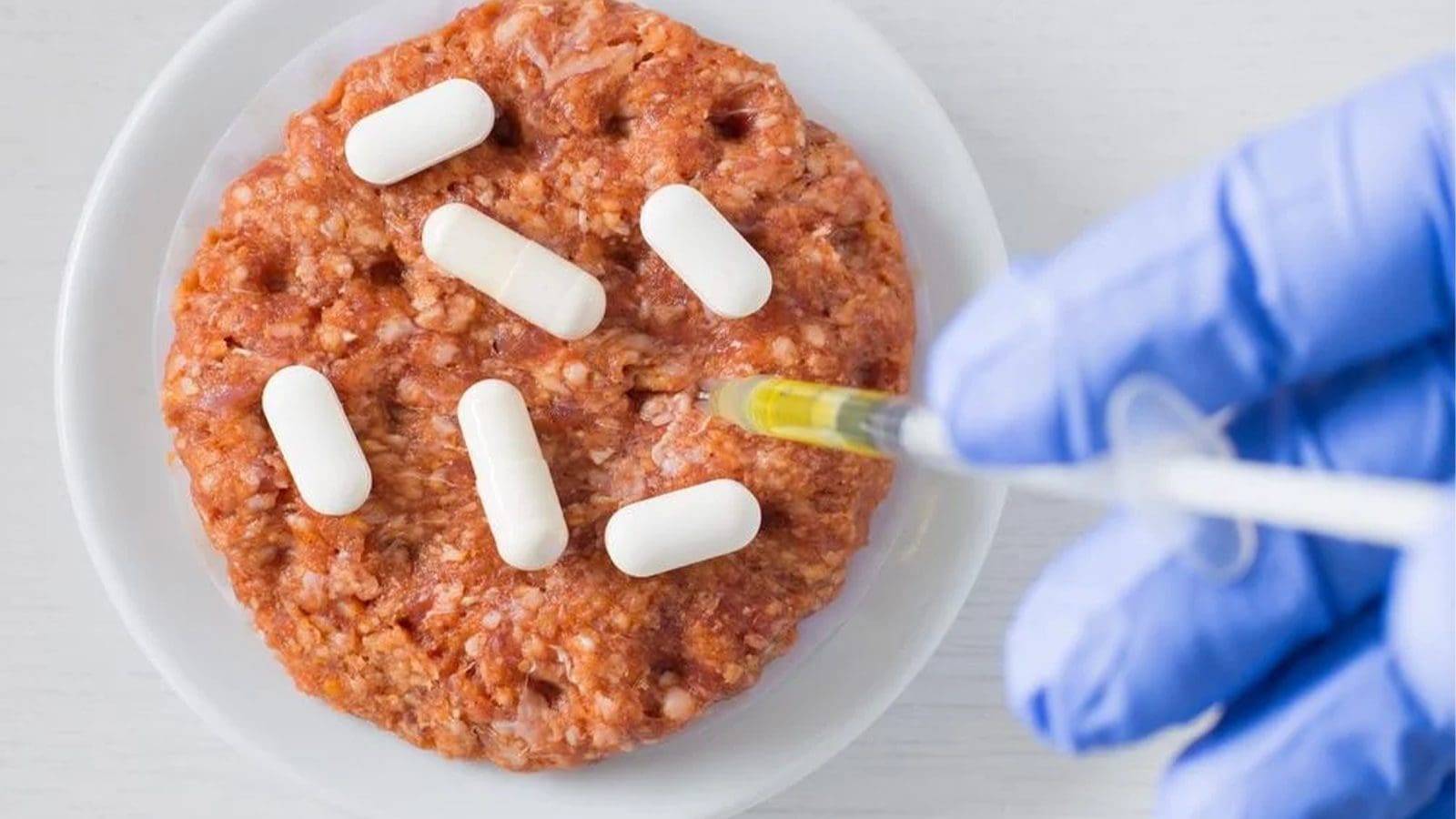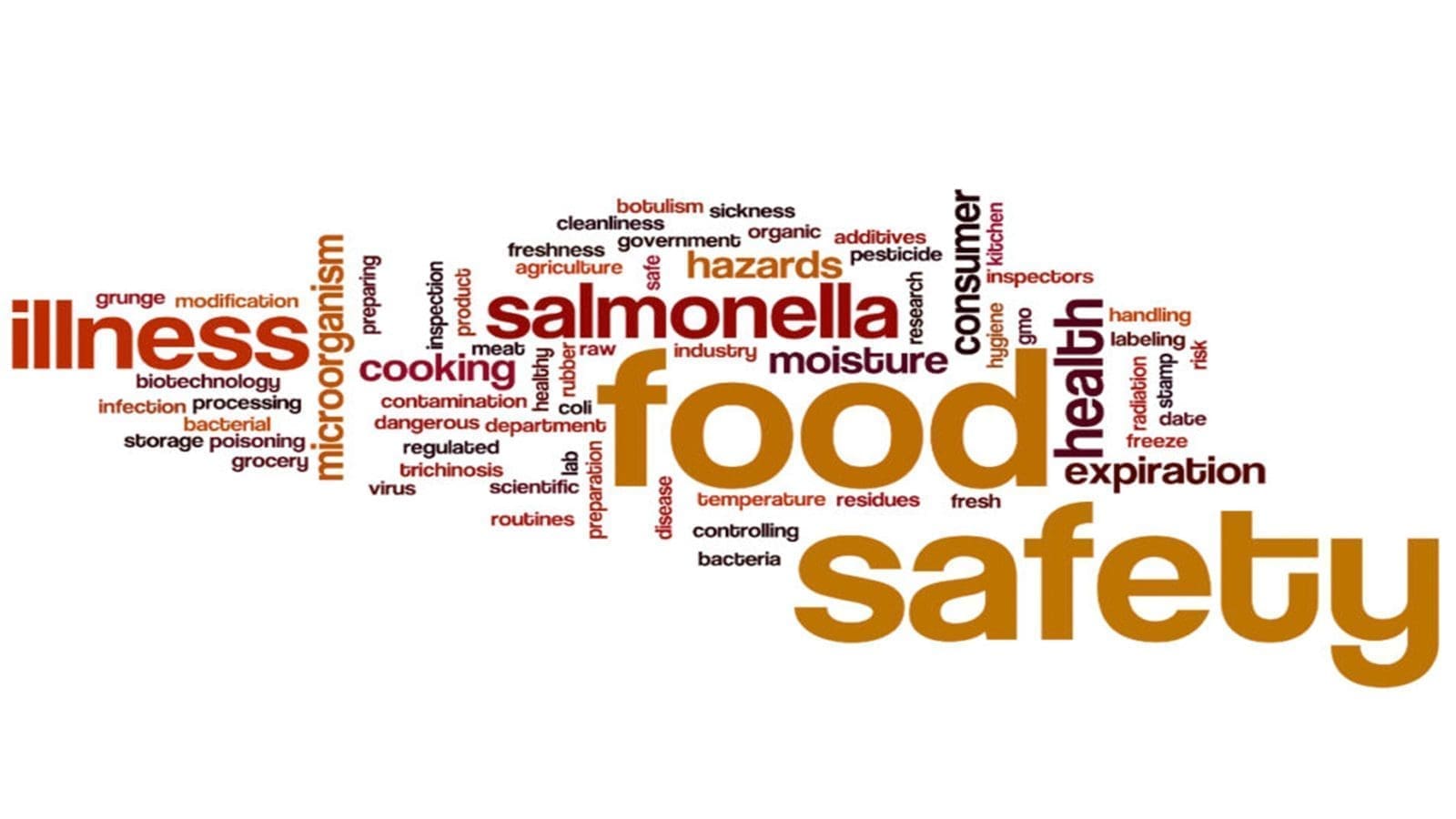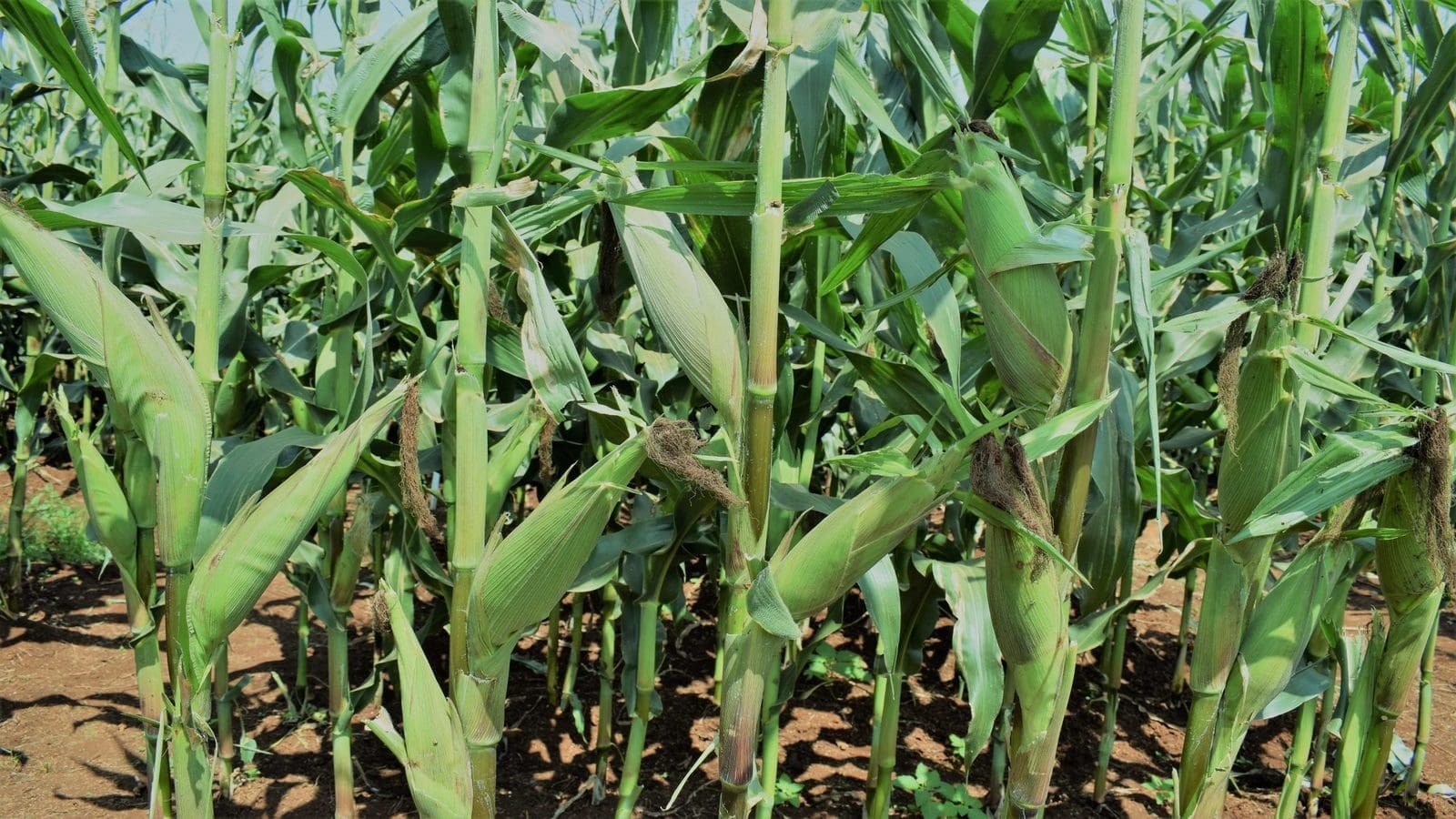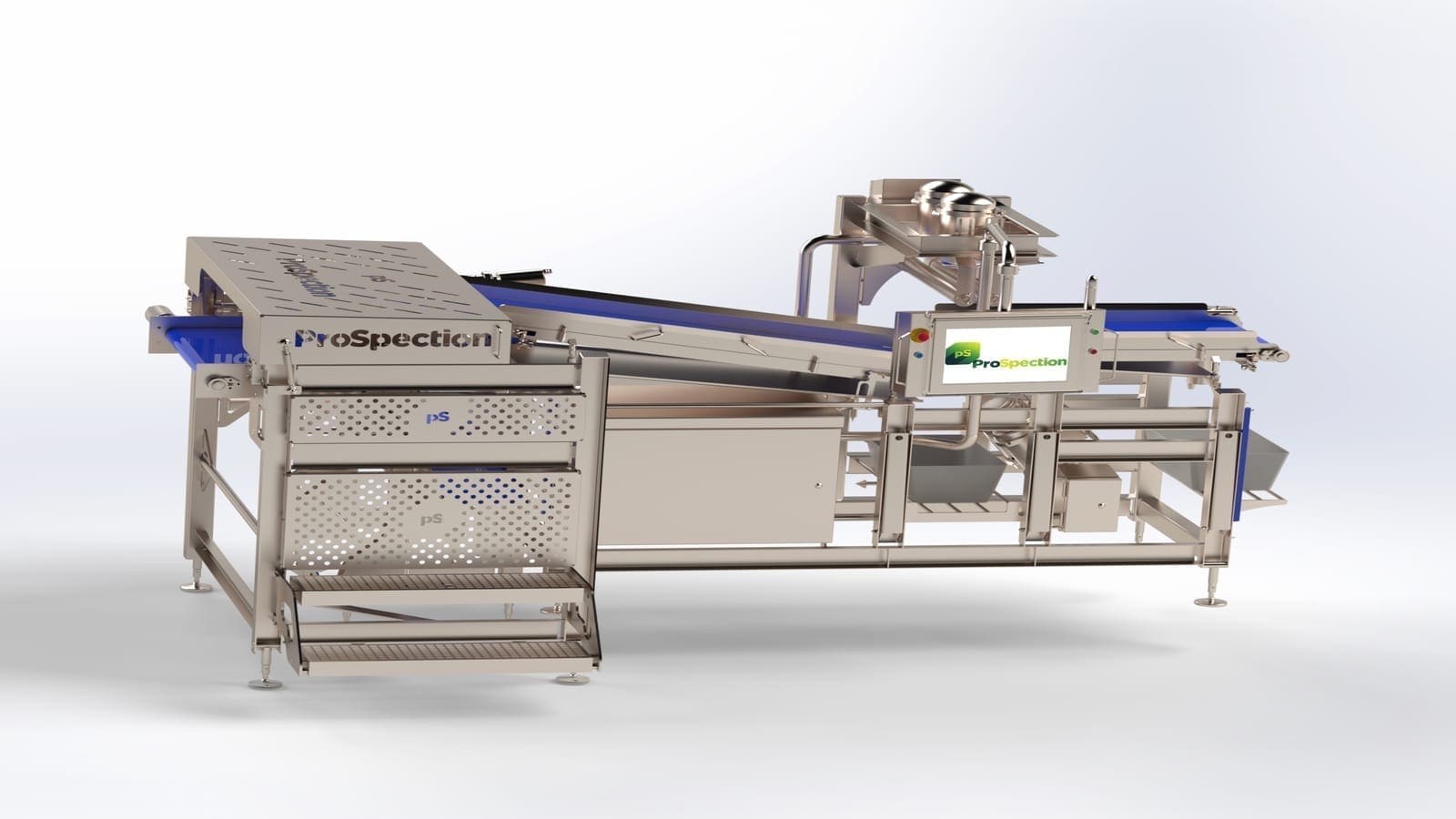FRANCE – Hauts-de-France officials from the Nord region of France have given the go-ahead for Nestlé’s Buitoni factory in Caudry to resume operations on a partial basis after the deadly E.coli outbreak that occurred earlier in the year.
Only the production of cooked-dough pizzas is subject to approval. The line that produces pizzas using the Fraîch’Up range, which do not require rebaking of the dough, will not yet restart.
The biggest E. coli-HUS outbreak ever recorded in France began with Fraîch’Up frozen pizzas as the source.
The disassembling and cleaning of 19,000 parts from the production line was one aspect of the restart strategy.
With sickness onset between mid-January and April, a total of 56 confirmed cases and two suspected cases with a median age of 6 were reported nationwide.
In 50 cases of hemolytic uremic syndrome (HUS), two children died and two more experienced severe infection-related side effects.
HUS is a form of kidney failure brought on by E. coli infections that may cause severe, lifelong health issues.
Shiga toxin-producing E. coli (STEC) O26:H11 or O103:H2 were detected in the patients.
According to Santé publique France, the nation’s public health organization, only two people fell ill with E. coli O103.
Pizzas sampled at the manufacturing facility and in patient residences were found to contain the STEC O26:H11 and O103:H2 outbreak strains. The flour used to bake pizzas also contained E. coli.
Nestlé recalled and removed the implicated pizzas in March, and manufacturing operations were halted.
In May, a criminal investigation into the incident was started.
More than 2,000 samples have been taken at Caudry of the factory environment, raw materials, silos, and finished products.
E.coli was found in flour samples and several finished goods during testing. However, Nestlé claims that the infection was not found in results from production lines or the environment. This indicates that the flour used to bake pizzas was the most likely source of contamination.
In addition, the business established a support fund for HUS patients in France between January and August 2022, which is overseen by the France Rein organization.
A scientific evaluation has been planned to assess the risk of E. coli in French flour and the management of meals containing flour, reports Food Safety News.
Also under investigation is why the standard baking conditions and durations for frozen pizzas did not completely minimize the possibility of infection.
For all the latest food safety news from Africa and the World, subscribe to our NEWSLETTER, follow us on Twitter and LinkedIn, like us on Facebook and subscribe to our YouTube channel.








